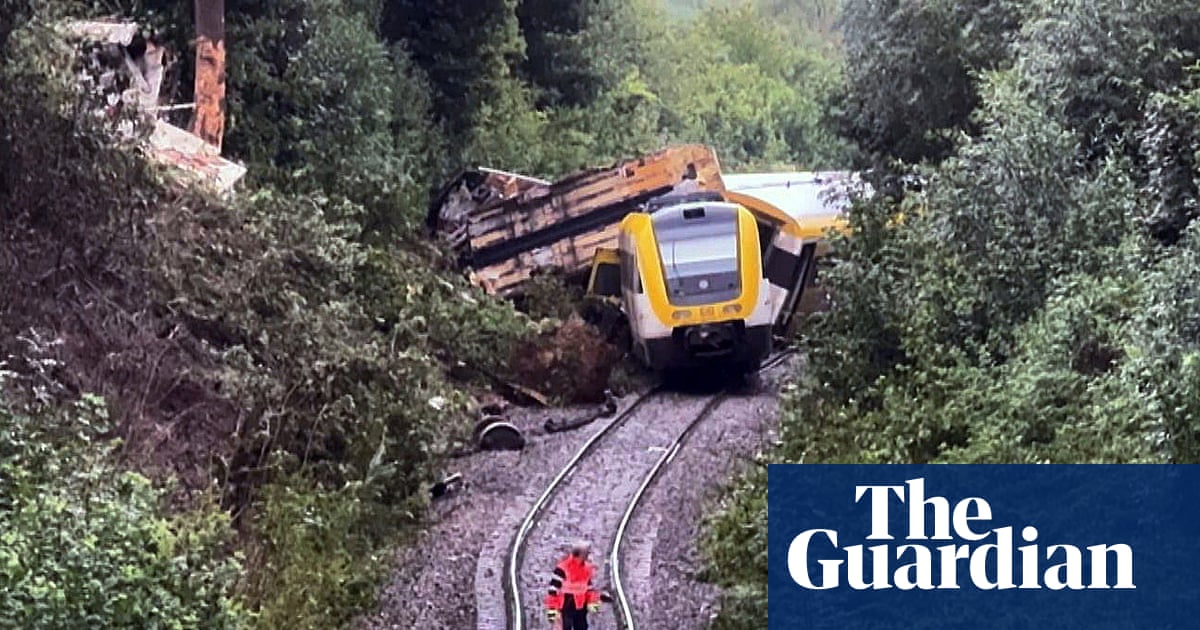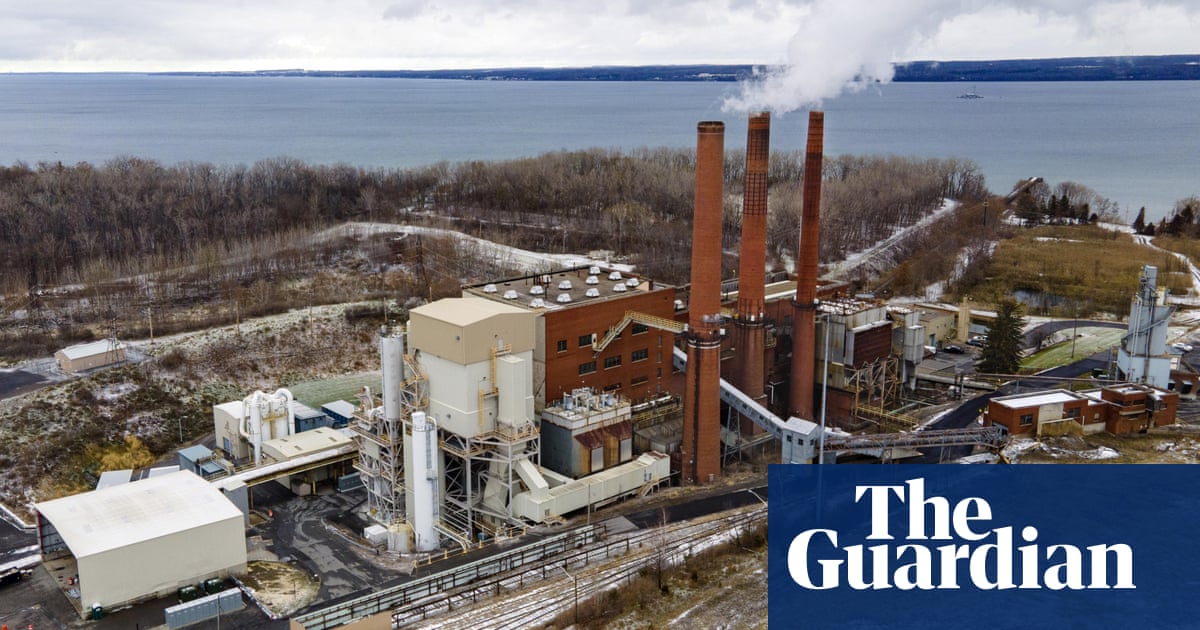T4K3.news
DfT relocates hundreds of staff to state-owned rail operator
The UK Department for Transport is moving civil servants as part of a railway restructuring initiative.

The Department for Transport is shifting staff to a state-owned rail operator amidst ongoing reforms.
Hundreds of staff moved as UK railways undergo restructuring
The UK Department for Transport (DfT) is relocating hundreds of civil servants to a state-owned rail operator as part of a significant restructuring effort. This initiative aims to streamline operations and cut costs amid a national overhaul of the railways. Despite the government's assurance that these moves will not result in immediate redundancies, sources indicate that job losses are likely as employees seek stability in light of the changes. Ministerial statements describe this as a crucial phase in the development of Great British Railways (GBR), which intends to unify the fragmented rail system into a singular entity. As the government progresses with plans for nationalisation, a consultation process has started that could see around 300 DfT staff transition to positions in the new operator. The impact of these changes could be felt in the passenger services as the government works to complete this transition by 2028, though some industry leaders are voicing concerns over delays and service disruptions.
Key Takeaways
"There will be no redundancies as a result of these moves into DfTO."
A DfT spokesperson assures that the current restructuring won't lead to job cuts, highlighting the transition to a publicly owned railway.
"DfT is entering an exciting and critical phase of rail reform."
Rail director generals emphasize the importance of this transition, indicating a shift in strategy for the UK's rail network.
"GBR is about to bring the fragmented railway together under one mission."
The ongoing plans for Great British Railways reflect a broader strategy to streamline the country’s rail operations.
"The timetable change is still seen as challenging, despite substantial investments."
Industry leaders are wary of the upcoming changes, signalling potential difficulties ahead for the rail network.
This relocation of staff marks a pivotal moment in the UK railway sector, reflecting broader trends of nationalisation and reform. While the government insists that no immediate redundancies will occur, the uncertainty around job security is palpable among workers. The restructuring effort underscores the urgent need for the government to prove its commitment to enhancing rail services following substantial investments. In an era where public transportation remains a hot-button issue, the efficiency of this transition will be scrutinised closely by both the public and industry experts. The ability of the new operator to manage this change without disruption will be critical in restoring confidence in the railway system.
Highlights
- Rail reform is here, but at what cost to jobs?
- The DfT promises no cuts, yet the future is uncertain.
- Nationalisation of railways signifies a major shift in transport policy.
- Will the restructuring improve Britain's rail services long-term?
Concerns over job cuts amidst rail restructuring
Despite assurances from the DfT, industry sources suggest that significant job losses may occur due to the restructuring efforts. This poses a risk of backlash from employees and public concern regarding the future of the rail services.
As these changes unfold, the future of the UK's rail system remains uncertain and vital for public trust.
Enjoyed this? Let your friends know!
Related News

Alaska's education budget slashed amidst safety concerns

USDA to relocate many D.C. employees

Gates Foundation invested in Chinese military companies

Train derailment in southern Germany results in three deaths

Israeli Forces Face Allegations of War Crimes

Trump advocates for cryptocurrency mining amid noise complaints

Former asylum seeker linked to billion-dollar oil smuggling

NASA employees sign dissent letter against budget cuts
